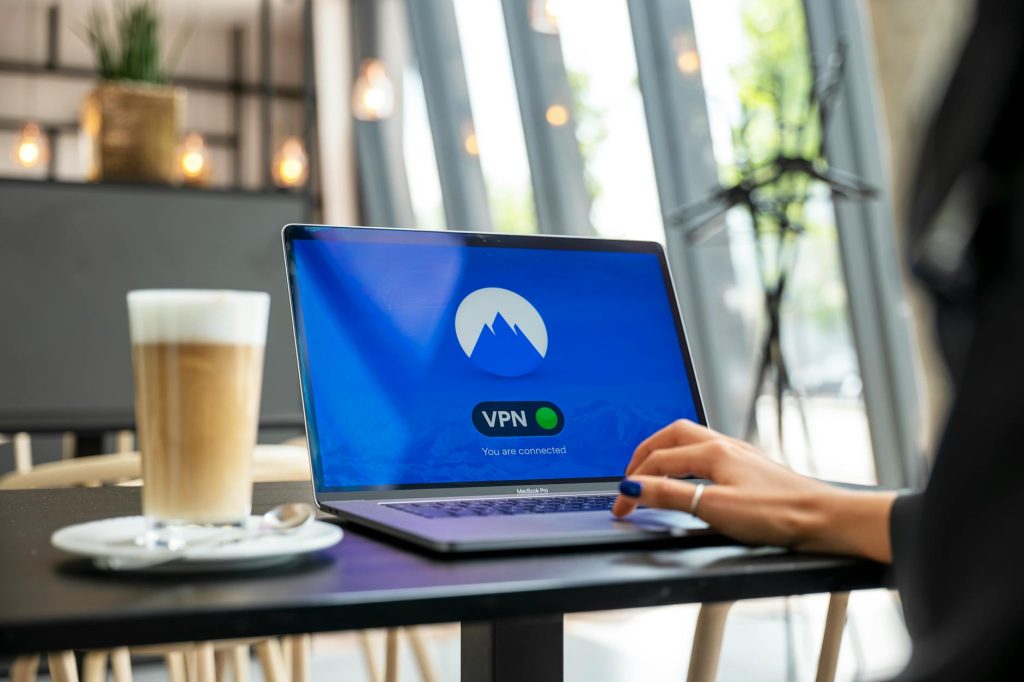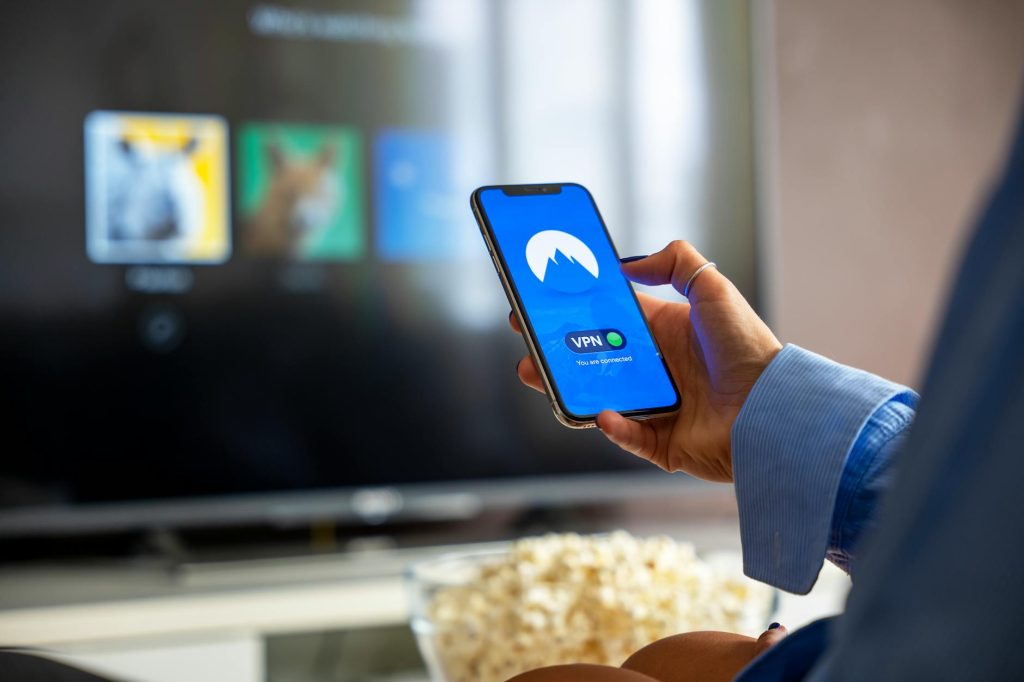Are you familiar with the myths surrounding VPNs? Let’s dive into the top 20 misconceptions that might be clouding your understanding of these virtual guardians of online privacy. From anonymity and speed to legality and user-friendliness, we’re here to debunk common beliefs and reveal the truth behind the veil of VPN myths. So grab a cup of coffee and get ready to unravel the mysteries surrounding VPNs!
Best 10 VPN Myths
In the world of VPNs, myths and misconceptions often overshadow the facts. Let’s address some of these common fallacies to shed light on what VPNs are truly capable of.
First up is the belief that only those with something to hide need a VPN. In reality, everyone can benefit from enhanced online privacy and security.
Contrary to popular belief, VPNs aren’t just tools for criminals looking to cover their tracks. Everyday users seeking protection on public Wi-Fi networks also turn to VPN services.
While unblocking streaming sites is a popular use case for VPNs, their utility extends far beyond bypassing geo-restrictions. They offer encryption and data protection in an increasingly digital age.
Another misconception suggests that VPNs are overly complicated for the average user. However, many providers offer user-friendly interfaces that make connecting as simple as a click of a button.

1. I don’t need a VPN; I have nothing to hide
Have you ever thought, “I don’t need a VPN because I have nothing to hide”? It’s a common misconception that only those with something illicit to conceal should use a Virtual Private Network. But the truth is, everyone deserves privacy and security online.
Even if your internet activities seem innocent, using a VPN adds an extra layer of protection against cyber threats like hackers and data breaches. Your personal information is valuable, regardless of what you do online.
Think about it this way: You wouldn’t leave your front door unlocked just because you’re not hiding anything inside your home. The same logic applies to your digital presence – safeguarding it with a VPN is simply smart practice in today’s interconnected world.
2. Only criminals use VPNs
It’s a common misconception that only criminals use VPNs. The truth is, VPNs are used by people from all walks of life for various reasons. Individuals concerned about their online privacy and security turn to VPNs to encrypt their internet traffic and protect sensitive information from hackers or prying eyes.
Business professionals often rely on VPNs to securely access company networks while working remotely. By using a VPN, they can ensure that their communications and data remain confidential, even when connecting to public Wi-Fi networks.
Journalists and activists also utilize VPNs to bypass censorship and surveillance in countries where freedom of speech is restricted. A VPN allows them to communicate freely and safely without fear of being monitored or silenced.
In today’s digital age, the use of a VPN has become essential for safeguarding personal information online. It’s not just about hiding illegal activities; it’s about protecting your right to privacy in an increasingly interconnected world.
3. VPNs are only for unblocking streaming sites
When it comes to VPNs, many people believe they are only useful for unblocking streaming sites. While it’s true that VPNs can help you access geo-restricted content on platforms like Netflix or Hulu, their benefits go far beyond this singular purpose.
VPNs offer a secure and encrypted connection that protects your online data from potential threats. Whether you’re browsing the web, accessing public Wi-Fi networks, or conducting sensitive transactions online, a VPN adds an extra layer of security to keep your information safe from prying eyes.
Moreover, VPNs can also bypass censorship in countries where certain websites or social media platforms are restricted. By masking your IP address and encrypting your internet traffic, you can freely surf the web without worrying about government surveillance or limitations imposed by ISPs.
In essence, while unblocking streaming sites may be one of the perks of using a VPN, its real value lies in safeguarding your privacy and ensuring a safer and more unrestricted browsing experience overall.
4. VPNs are too complicated for everyday users
Have you ever felt intimidated by the idea of using a VPN because you thought it was too complicated? The truth is, VPNs are designed to be user-friendly and accessible to everyone, regardless of technical expertise.
Most modern VPN services offer intuitive interfaces that make connecting as easy as clicking a button. You don’t need to be a tech guru to reap the benefits of enhanced online privacy and security that a VPN provides.
Whether you’re browsing the internet on your computer or smartphone, setting up and using a VPN is typically straightforward. Many providers offer step-by-step guides or customer support to help you get started quickly.
Don’t let misconceptions about complexity hold you back from exploring the advantages of using a VPN in your daily online activities. With just a few simple steps, you can enjoy peace of mind knowing your data is encrypted and protected while surfing the web.
5. VPNs slow you down
Let’s address the common misconception that VPNs slow you down. It’s true that using a VPN can impact your internet speed, but advancements in technology have significantly reduced this issue. With high-quality VPN services, the difference in speed is often negligible for everyday browsing activities.
The slight decrease in speed is a small price to pay for the added security and privacy benefits that come with using a VPN. Plus, many top-tier VPN providers offer optimized servers specifically designed to minimize any slowdown.
In some cases, connecting to a VPN server closer to your physical location can help maintain faster speeds. Additionally, choosing a reputable provider known for its fast and reliable connections can make a noticeable difference in performance.
It’s essential to weigh the trade-off between speed and security when deciding whether to use a VPN. Prioritizing your online safety should take precedence over minor fluctuations in internet speed.
6. VPNs make you 100% anonymous
When it comes to online anonymity, VPNs are often touted as the ultimate solution. While they do add a layer of privacy and security, claiming to make you 100% anonymous might be a stretch.
VPN services can hide your IP address and encrypt your internet traffic, making it harder for third parties to track your online activities. However, it’s essential to remember that complete anonymity is difficult to achieve in today’s digital landscape.
Factors like cookies, browser fingerprints, and even social media habits can still leave digital footprints that could potentially be traced back to you. It’s crucial to use VPNs in conjunction with other privacy measures like using private browsing modes and being mindful of the information you share online.
While VPNs offer significant benefits in safeguarding your data and enhancing your privacy online, maintaining absolute anonymity requires a holistic approach towards digital security practices.
7. No-logs VPNs don’t keep any logs
When it comes to VPNs, the concept of “no-logs” often sparks intrigue and confusion. Many believe that if a VPN claims to be no-logs, it means they don’t retain any information about your online activities. While this is partially true, the reality might not be as straightforward.
No-logs VPN providers do strive not to store user data; however, there are instances where some logs may still be kept for operational purposes or in compliance with legal requirements. It’s essential to read the fine print on a VPN provider’s policy regarding their logging practices.
Even though no-logs VPNs aim to enhance privacy and security by minimizing data retention, users should remain vigilant about the level of anonymity such services truly provide. Trusting blindly in the term “no logs” without fully understanding its implications could lead to misconceptions about your online privacy protection.
8. VPNs are all the same
If you think all VPNs are the same, it’s time to debunk that myth. While they may serve a similar purpose of encrypting your internet connection, not all VPNs are created equal. Each provider has its own set of features, security protocols, server locations, and privacy policies.
Some VPNs offer additional functionalities like split tunneling for specific apps or devices, while others prioritize speed over encryption strength. It’s essential to research and choose a VPN that aligns with your online needs and values.
Factors such as logging policies, jurisdiction of the company, and customer support quality can vary greatly among different VPN providers. So before subscribing to any service, make sure to read reviews and compare options thoroughly.
Selecting the right VPN can have a significant impact on your online privacy and security. Make an informed decision based on your individual requirements rather than assuming they’re all alike.
9. VPNs don’t work in China
Have you ever heard the myth that VPNs don’t work in China? Well, let’s debunk that misconception once and for all. While it’s true that China has strict internet regulations and actively blocks many VPN services, there are still VPNs out there that can bypass these restrictions.
Many reputable VPN providers offer servers specifically optimized to work in countries like China. By using obfuscation techniques and advanced protocols, these VPNs can successfully navigate through the Great Firewall of China.
It’s essential to do your research and choose a reliable VPN service that has a track record of working in restrictive regions. With the right VPN provider, you can access blocked content, protect your online privacy, and enjoy an unrestricted internet experience even in places like China.
10. VPNs can hide shady online activity
Have you ever heard the misconception that VPNs are solely used to conceal shady online activities? Let’s debunk this myth right here and now. While it’s true that VPNs can provide a layer of privacy by encrypting your internet connection, they don’t exist to facilitate illegal or unethical behavior.
Using a VPN doesn’t give anyone carte blanche to engage in illicit activities online without consequences. It simply enhances your online security and privacy by masking your IP address and encrypting data transfers. This added protection is valuable for safeguarding sensitive information from potential threats.
Whether you’re accessing public Wi-Fi networks, conducting business transactions, or just browsing the web, a VPN can help keep your online activities private and secure. It’s about protecting yourself in an increasingly digital world where cyber threats are prevalent.
Remember, using a VPN responsibly means taking control of your online privacy and security—not engaging in questionable practices.

